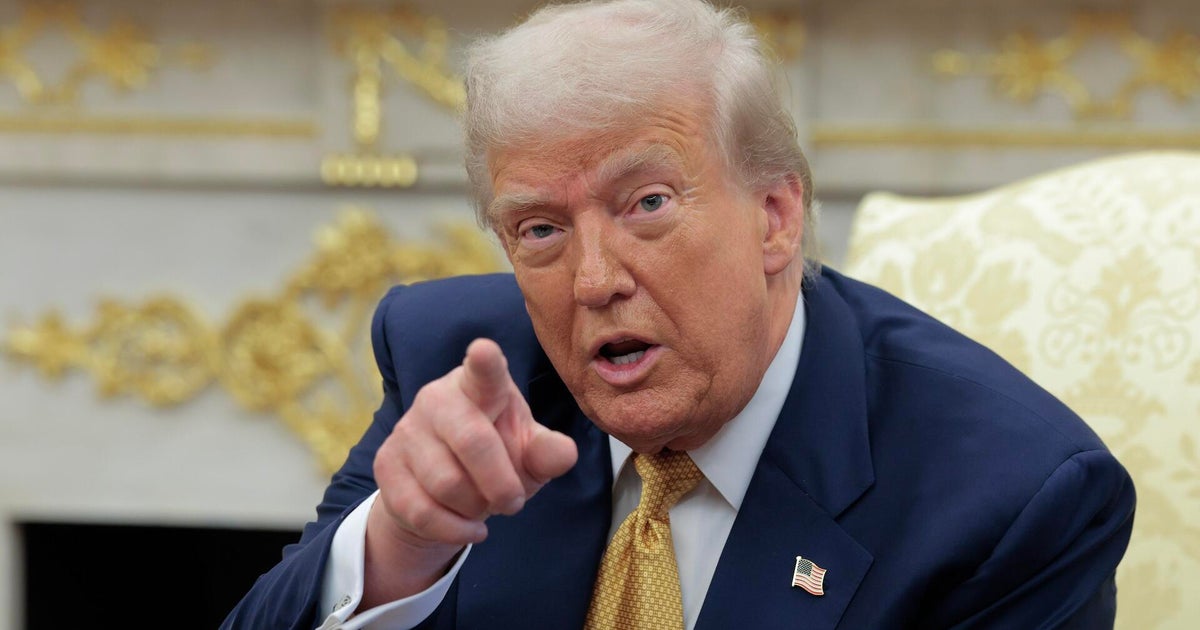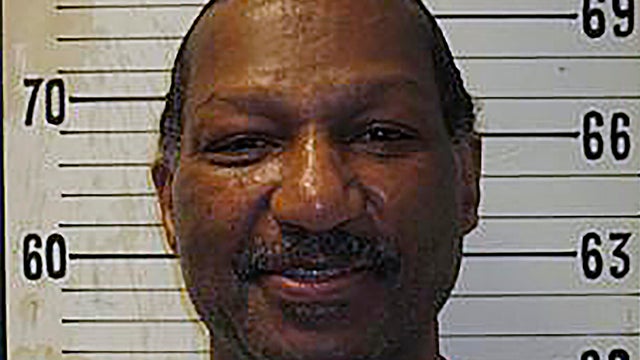

No response returned

A federal appeals court said Wednesday that President Trump's executive order curtailing is unconstitutional.
The policy, which has been the subject of a complicated monthslong legal back-and-forth, is currently on hold. But Wednesday's decision appears to mark the first time that an appellate court has weighed in on the merits of Mr. Trump's attempt to end birthright citizenship for many children of undocumented immigrants by executive order.
A panel of judges on the U.S. Court of Appeals for the 9th Circuit that Mr. Trump's order is "invalid because it contradicts the plain language of the Fourteenth Amendment's grant of citizenship to 'all persons born in the United States and subject to the jurisdiction thereof.'"
White House spokeswoman Abigail Jackson said in a statement to TheNews: "The Ninth Circuit misinterpreted the purpose and the text of the 14th Amendment. We look forward to being vindicated on appeal."
On the first day of Mr. Trump's second term, he signed that said people born in the United States should not automatically get citizenship if one parent is undocumented and the other isn't a citizen or green-card holder, or if both parents are in the U.S. on temporary visas. The order directed federal agencies to stop issuing citizenship documents within 30 days to people who fall into those categories.
The order drew a flurry of lawsuits, as most legal experts have said the 14th Amendment — which was ratified in 1868 — automatically offers citizenship to virtually everybody born within the U.S., regardless of their parents' immigration status, with extremely narrow exceptions.
The Trump administration argues the citizenship clause of the 14th Amendment does not apply to people whose parents are in the country illegally or temporarily — citing a clause that says citizenship is granted to those who are "subject to the jurisdiction" of the United States. Those parents do not necessarily have "allegiance" to the country, the government , so they therefore aren't "subject to the jurisdiction."
The 9th Circuit disagreed. It wrote Wednesday that a plain reading of the 14th Amendment suggests that citizenship was meant to be granted to anybody who is "subject to the laws and authority of the United States."
"The Defendants' proposed interpretation of the Citizenship Clause relies on a network of inferences that are unmoored from the accepted legal principles of 1868," the judges wrote.
"Perhaps the Executive Branch, recognizing that it could not change the Constitution, phrased its Executive Order in terms of a strained and novel interpretation of the Constitution," the opinion said.
The issue reached the 9th Circuit in Washington state the birthright citizenship executive order in February, responding to a lawsuit from several Democratic states. The Trump administration in March . It reasserted its arguments about who the 14th Amendment applies to, called the ruling "vastly overbroad" and argued the states did not have standing to sue over the order.
On Wednesday, the 9th Circuit said the states did have the right to sue, pointing to the risk that states would be financially harmed by a federal policy that narrows who qualifies for citizenship. The appellate judges also upheld the district court's finding that the states are likely to succeed in showing the order violates the Constitution.
The 9th Circuit's ruling was written by Clinton-appointed Judge Ronald Gould, and joined by Obama-appointed Judge Michael Daly Hawkins. A third member of the panel — Judge Patrick Bumatay, appointed by Mr. Trump in his first term — dissented in part, writing that the states don't have standing and adding "it's premature to address the merits of the citizenship question or the scope of the injunction."
The birthright citizenship issue reached the Supreme Court earlier this year, but not in a case involving the merits of the Trump administration's policy.
Instead, the Supreme Court weighed in on whether the district courts that issued nationwide blocks against Mr. Trump's executive order were exceeding the scope of their power — a perennial topic of debate in legal circles that has frustrated presidents of both parties.
The high court's limited the use of nationwide injunctions. In a 6-3 decision, it granted a request by the administration to narrow the injunctions against the birthright citizenship order, but "only to the extent that the injunctions are broader than necessary to provide complete relief."
That doesn't mean the birthright citizenship order will take effect. Shortly after the ruling, a New Hampshire court nationwide in a lawsuit that was brought as a class action, after the Supreme Court's decision left the door open to that option.
The Supreme Court also did not directly address whether states can still sue over the order. In the case that the 9th Circuit ruled on Wednesday, the government that courts can just block the birthright citizenship order for residents of the states that sued, rather than issuing a nationwide injunction. But the states that would provide them with incomplete relief because people move from state to state.




